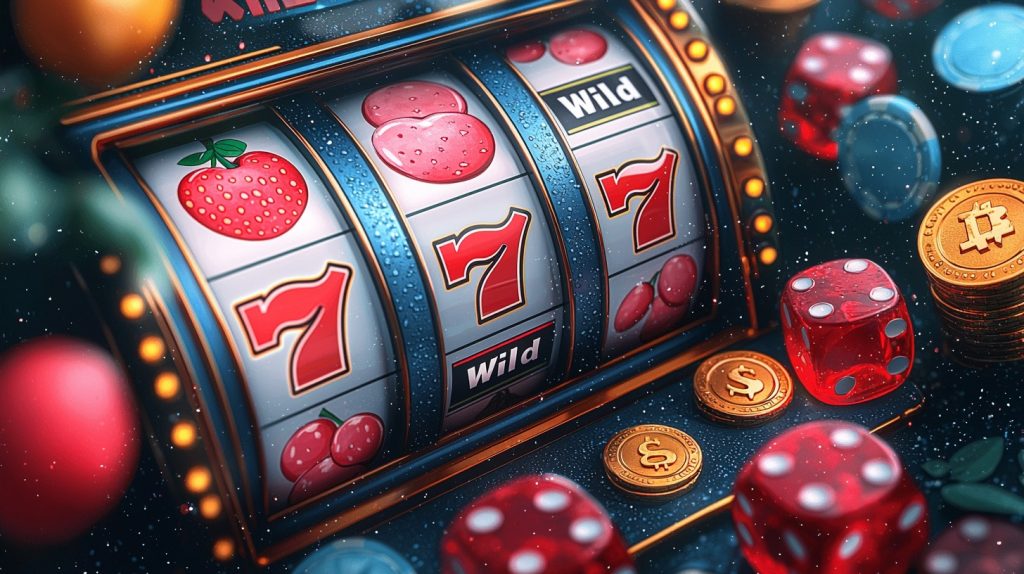
If you’ve ever wondered why some slot games seem to pay out often but in small amounts, while others keep you spinning for a while before delivering a big win, slot gacor malam ini the answer lies in a key concept: volatility. Also known as variance, volatility is a crucial factor in understanding how slot machines behave and what kind of experience you can expect from them. Whether you’re a casual player or a serious spinner, knowing how volatility affects your winnings can help you choose games that match your play style and budget.
What Is Slot Volatility?
Volatility refers to the risk level associated with a particular slot game. In simple terms, it describes how often and how much a game pays out. There are three main categories: low volatility, medium volatility, and high volatility. Low volatility slots give players frequent but small wins. High volatility slots, on the other hand, pay out less often, but when they do, the rewards tend to be much larger. Medium volatility games strike a balance between the two, offering moderate-sized wins at a steady pace.
Low Volatility: Steady Payouts for Longer Play
Low volatility slots are ideal for beginners or players who enjoy longer gaming sessions without the stress of big swings. These games offer more consistent wins, which helps preserve your bankroll over time. While you might not hit massive jackpots, the steady stream of small wins keeps the gameplay engaging. This type of slot is perfect if you’re playing for fun and want entertainment without risking a lot. Examples of low volatility slots often include fruit-themed games or classic three-reel machines.
High Volatility: Fewer Wins, Bigger Rewards
High volatility slots are designed for players who are chasing big payouts and are willing to accept dry spells in return. These games can go many spins without a win, but when they do pay out, it’s often in the form of a large jackpot or high multiplier bonus. Because of the potential for huge returns, high volatility slots tend to attract risk-takers and experienced players. Games like Dead or Alive II or Bonanza are famous for their explosive win potential—but they also require patience and a healthy bankroll to ride out the variance.
How to Choose Based on Volatility
Understanding your personal play style is essential when choosing a slot based on volatility. If you’re playing with a small budget and want to enjoy a casual experience, low or medium volatility games will likely suit you better. But if you’re aiming for life-changing wins and don’t mind some losses along the way, high volatility slots could be more exciting. Most modern slots list their volatility in the game description, and if not, you can usually get a sense of it by watching a few demo spins or reading player reviews.
Volatility vs. RTP: What’s the Difference?
It’s easy to confuse volatility with Return to Player (RTP), but they are not the same. RTP is a theoretical percentage that tells you how much of your money the game is programmed to return over time—for example, a 96% RTP means the machine is expected to pay back $96 for every $100 wagered. Volatility, however, tells you how that return is distributed. A low volatility slot may give you small wins often, adding up to the RTP slowly, while a high volatility game might pay rarely but with massive jackpots that meet or exceed the expected return.
Conclusion: Know the Risk, Maximize the Fun
Slot volatility is a simple yet powerful concept that can significantly impact your experience and enjoyment. By understanding how it works, you can pick games that align with your goals—whether that’s stretching your entertainment budget or hunting for huge wins. Volatility doesn’t change your odds of winning over time, but it does shape how you win and how frequently you’ll see those wins. So the next time you load up a slot game, take a moment to consider its volatility—it could be the key to unlocking a more satisfying and strategic spinning session.
Ask ChatGPT